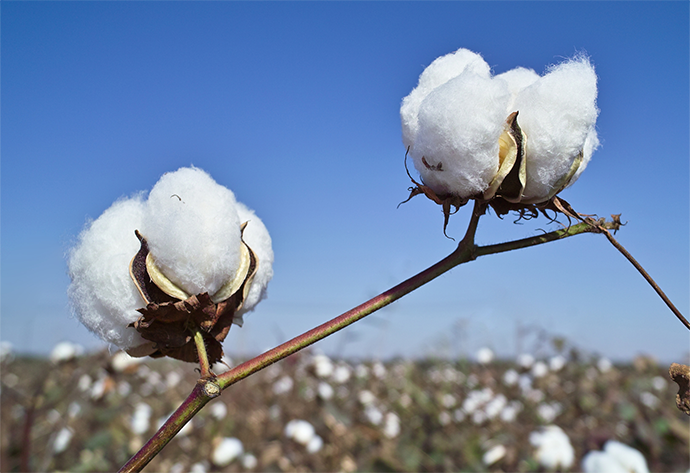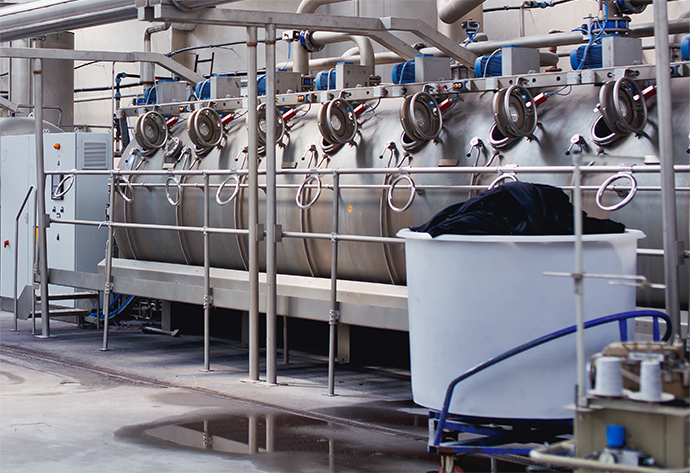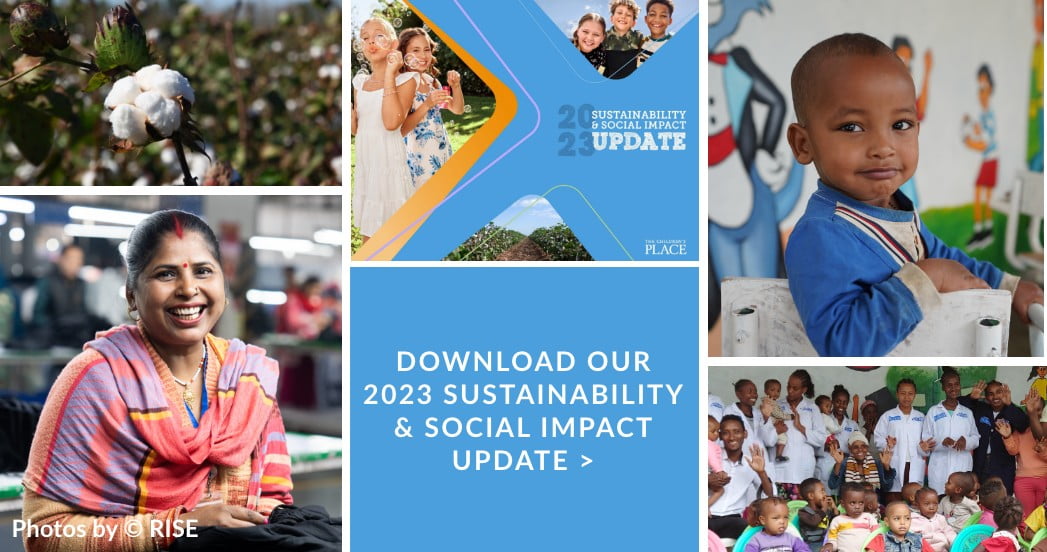PROTECTING OUR PLACES
We have become more conscious of the little things we can do each day to make a difference. We are continually striving to design and make products that are less damaging to the planet. That means sourcing more sustainable materials, reducing waste where possible, and working with more sustainability minded vendors and suppliers. We are taking steps to not only meet current compliance requirements, but to exceed benchmarks wherever we can.
Details on our environmental initiatives are available in our 2023 Sustainability & Social Impact Update.

GOALS
Our industry is increasingly being challenged to make faster progress to help protect the environment. We are working with our partners to meet this challenge in our company’s operations and in the communities where we do business. We have set public environmental targets to demonstrate transparency and accountability to our commitments, and drive progress in our strategic focus areas.
Learn more about our environmental goals


POLICIES
To support our commitment to reducing the environmental impacts associated with our business, we have developed policies and procedures that guide the actions of our associates and third-party vendors.
OUR INITIATIVE PARTNERS
Learn more about our ESG partners by clicking their logos below.
Cascale brings together 300 leading apparel, footwear, and textile brands, retailers, manufacturers, sourcing agents, service providers, trade associations, NGOs, and academic institutions – all working toward a shared vision of an industry that gives back more than it takes to the planet and its people.
Working with organizations from farming, retail fashion and textile brands, Better Cotton is an agricultural standard system helping farmers use less water and fewer chemical pesticides and fertilizers, all while improving yields, profitability and worker's lives. Better Cotton is sourced via a system of mass balance, which means it is not physically traceable to end products. We are committed to sourcing 100% of our cotton as 'more sustainable cotton' by the end of fiscal 2025. 'More sustainable cotton' includes Better Cotton, recycled cotton and organic cotton.
The AFIRM Group works to build safer and more sustainable chemistry within the apparel and footwear supply chains. With members including some of the largest brands and retailers in the world, AFIRM continues to be a recognized global center of excellence, providing resources to enable continuous advancement of chemical management best practices.
How2Recycle works to improve recycling by creating a clear, well-understood, and nationally harmonized recycling label and influencing package design. The label is the first and only label designed to apply to all packaging material and format types, in accordance with the Federal Trade Commission’s guidelines concerning environmental marketing claims.
The Science Based Targets initiative (SBTi) is a collaboration between CDP, the United Nations Global Compact, World Resources Institute (WRI) and the World Wide Fund for Nature (WWF). The SBTi promotes best practice by assessing corporate GHG reduction goals against the latest climate science.
The Sustainable Packaging Coalition (SPC) brings together businesses, educational institutions, and government agencies to collectively strengthen and advance the business case for more sustainable packaging.
ZDHC enables brands and retailers in the textile, apparel, and footwear industries to implement sustainable chemical management best practices across the global value chain.
Learn more about ZDHC.
The CanopyStyle initiative, from environmental non-profit Canopy, unites hundreds of global fashion brands, retailers, and viscose producers to collaborate on finding alternative fibers for viscose and rayon textiles, advocating for ecosystem conservation, and keeping Ancient and Endangered Forests standing and out of our wardrobes.
Learn more about CanopyStyle.
Pack4Good is Canopy’s initiative that collaborates with hundreds of companies to reduce waste, innovate, and ensure the world’s Ancient and Endangered Forests aren’t cut down to make delivery boxes and takeout containers.
Learn more about Pack4Good.

